
Healing and Helping

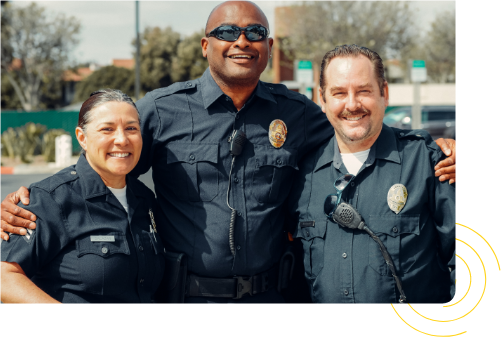
Accessibility
We fund three Fascial Counterstrain treatments for individuals from populations prone to experiencing higher rates of trauma including Veterans, Military, and First Responders; Black, Indigenous, and People of Color; and LGBTQIA+ folks who seeking FCS care as part of their trauma recovery strategy.

Research
We sponsor clinical research trials designed to measure and verify the effects of Fascial Counterstrain when used to treat conditions that affect the body and mind.
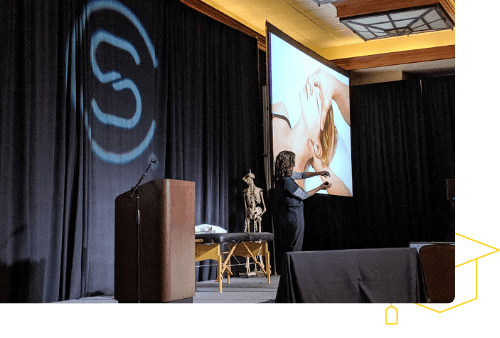
Education
We work to build public awareness by developing educational materials that demystify what Fascial Counterstrain is and it's potential benefits. We are also working closely with US Counterstrain Education Insitutions to develop a Scholarship Fund that supports the next generation of clinicians to become certified Fascial Counterstrain practitioners.
Finding Solutions
For decades, Counterstrain practitioners and patients have come together in their pursuit of answers to the important questions that drive us forward:
- Why don't more people know about the remarkable benefits of Counterstrain if it's seems to be so effective and so versatile in what it can help treat?
- How can we empower and educate more individuals so that they feel confident exploring the healing potential of Counterstrain and don't rule it out as a viable care strategy simply because it is unfamiliar?
- How can we ensure that every person in need has access to this form of care?
- As demand for care grows, how can we address the shortage of practitioners and meet the pressing need for healing?
At our non-profit, we are dedicated to addressing these challenges head-on and have built our programs around the solutions we see as essential to address these gaps.
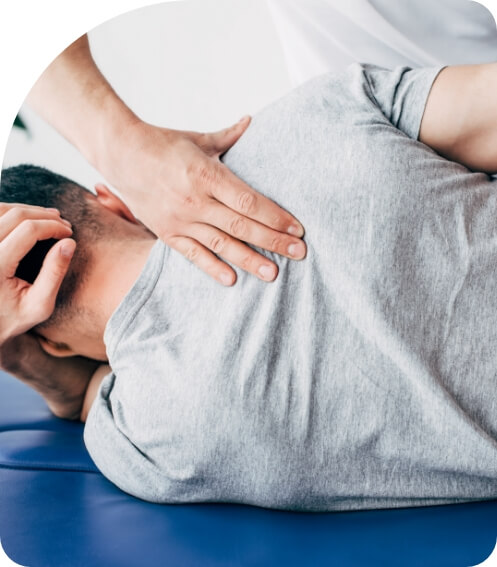
Making Counterstrain Accessible
We firmly believe that healing should be accessible to all. That's why we strive to lower barriers to access, making Counterstrain treatment readily available to people impacted by trauma.
Through our clinical research trials, we aim to generate vital data and verify the efficacy of Counterstrain, with the aim of elevating its standing in the medical community, ensuring its recognition as a valuable therapeutic approach.
In addition, we are working to increase public awareness and understanding, by making easy-to-understand educational materials available for a broader audience. We see this as an essential component of empowering first responders, veterans, active-duty military, and health care frontline workers to take control of their well-being and explore the benefits of this powerful technique.
A critical part of improving access is helping aspiring practitioners invest in comprehensive training and mentorship, which we hope to do by establishing a scholarship program to partially or fully cover the costs of training and certification. By expanding our network of skilled professionals, we ensure that more communities and individuals in need can experience the transformative impact of Counterstrain.
Counterstrain is a technique trusted and embraced by a diverse array of individuals, including world-renowned speakers and educators, professional athletes, world champions, and high performers. We believe that veterans and service members deserve access to the same level of care that supports the demanding, remarkable lives and careers of these culture-makers.
Join us on this journey as we strive to spread information and awareness about Counterstrain, support the well-being of service members, and create a future where healing is accessible to all.

Stories of lives changed by Fascial Counterstrain
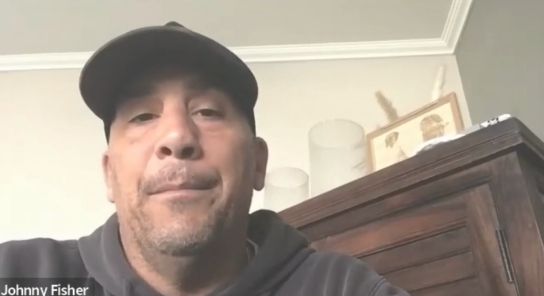
Retired California Highway Patrol Officer Johnny Fisher talks about his experience with receiving Fascial Coutnerstrain as part of the Bridge Back Project's Financial Aid Program. The offscreen voice is Theora Moench, Bridge Back Project’s Executive Director.
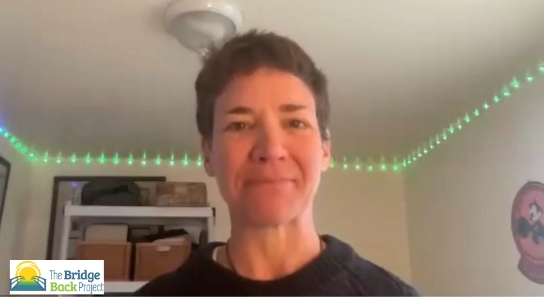
Retired Naval Aviator and professional athlete Dr. Kristin Barnes shares her experience with Fascial Counterstrain. The offscreen voice is Theora Moench, Bridge Back Project’s Executive Director.
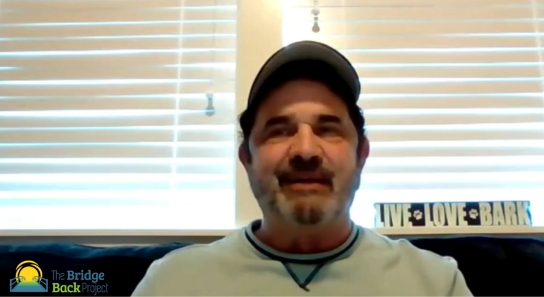
Veteran and retired police officer Ron Hansen talks about his experience receiving counterstrain as part of the Bridge Back Projcet's Financial Aid Program. The offscreen voice is Theora Moench, Bridge Back Project’s Executive Director.
Do you want to receive regular updates on upcoming events and news regarding The Bridge Back Project?